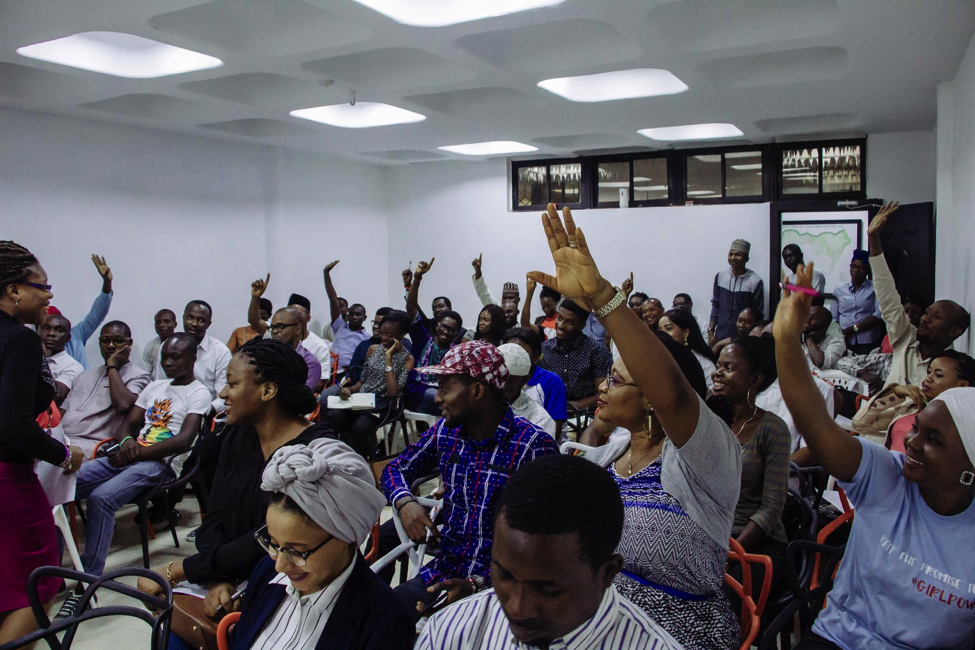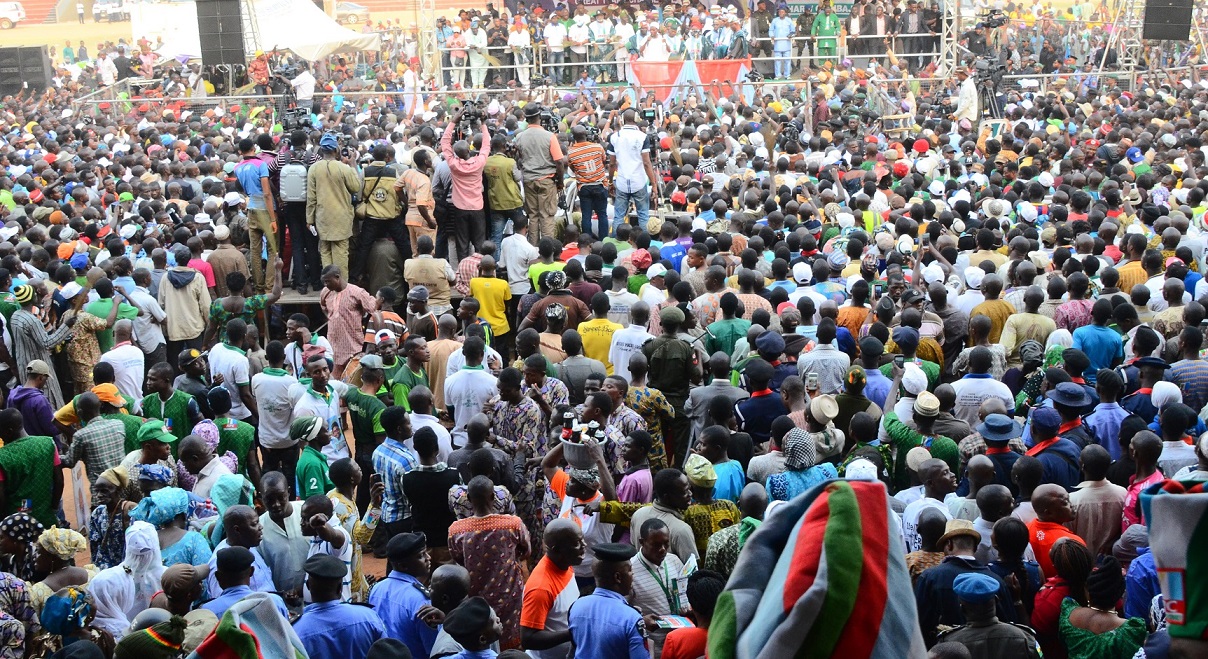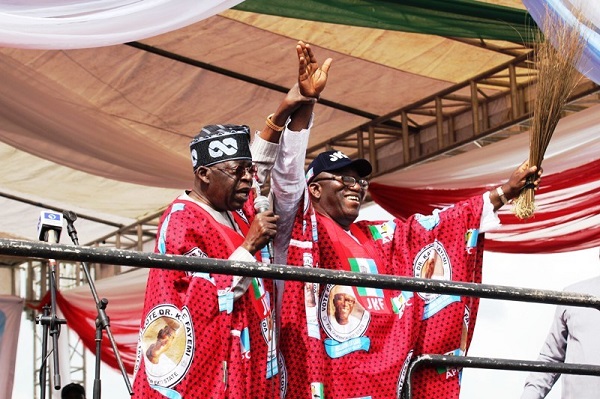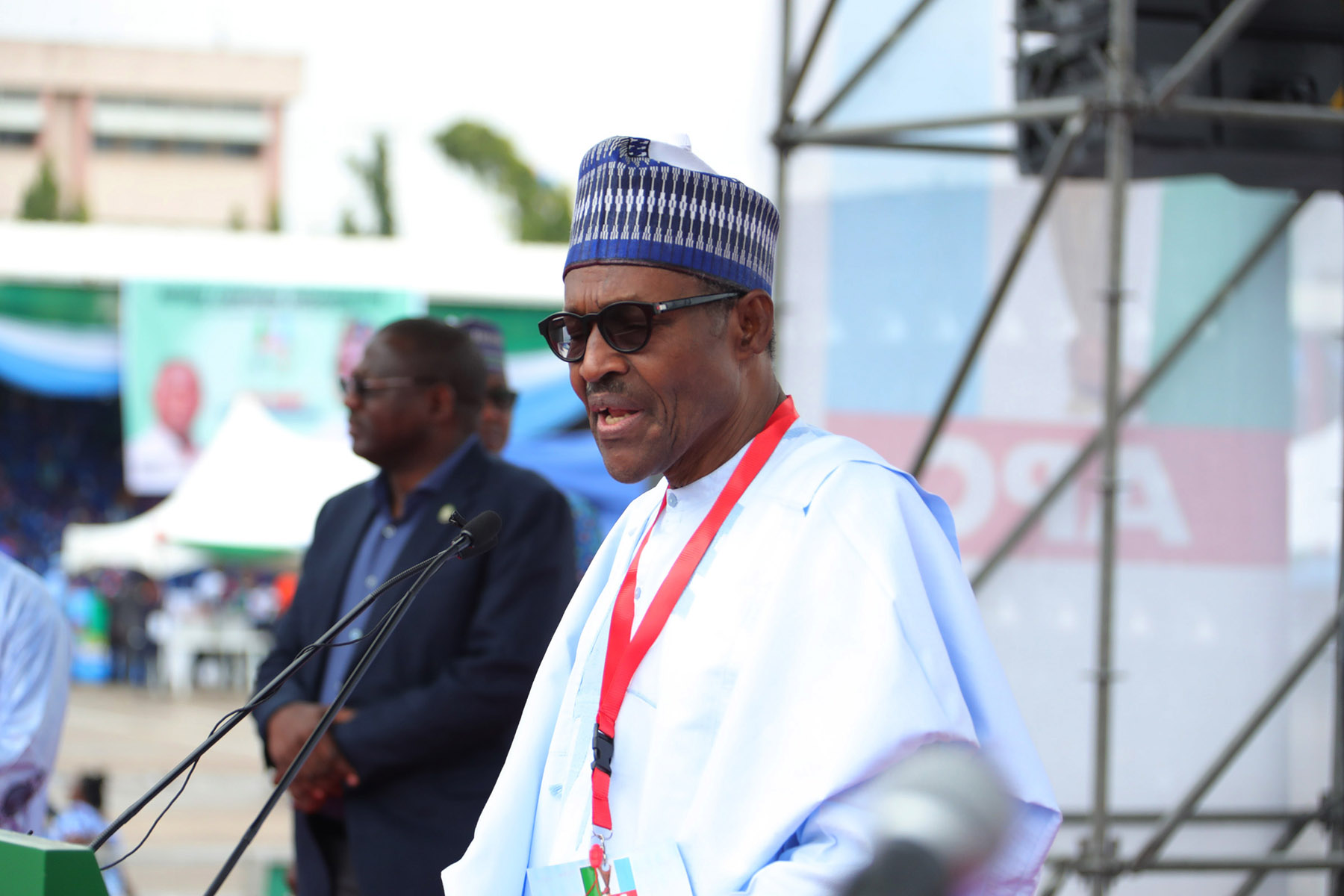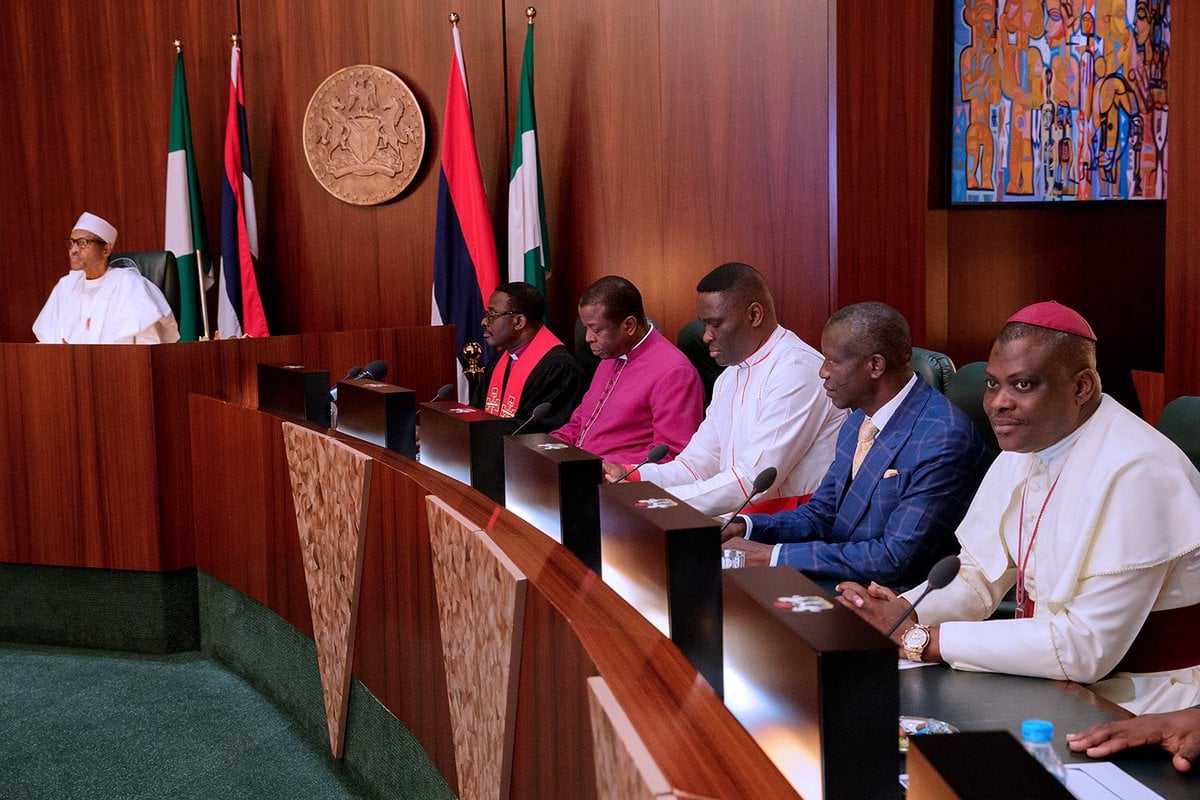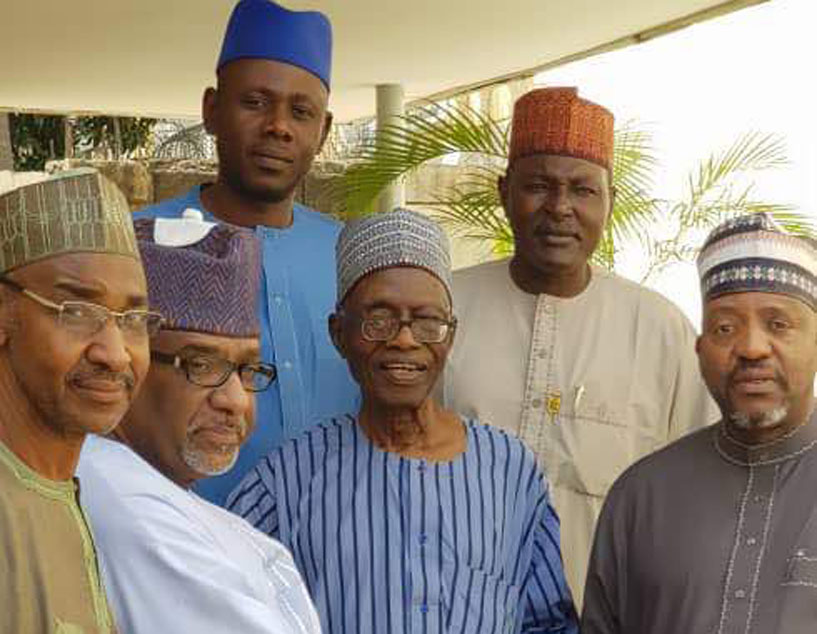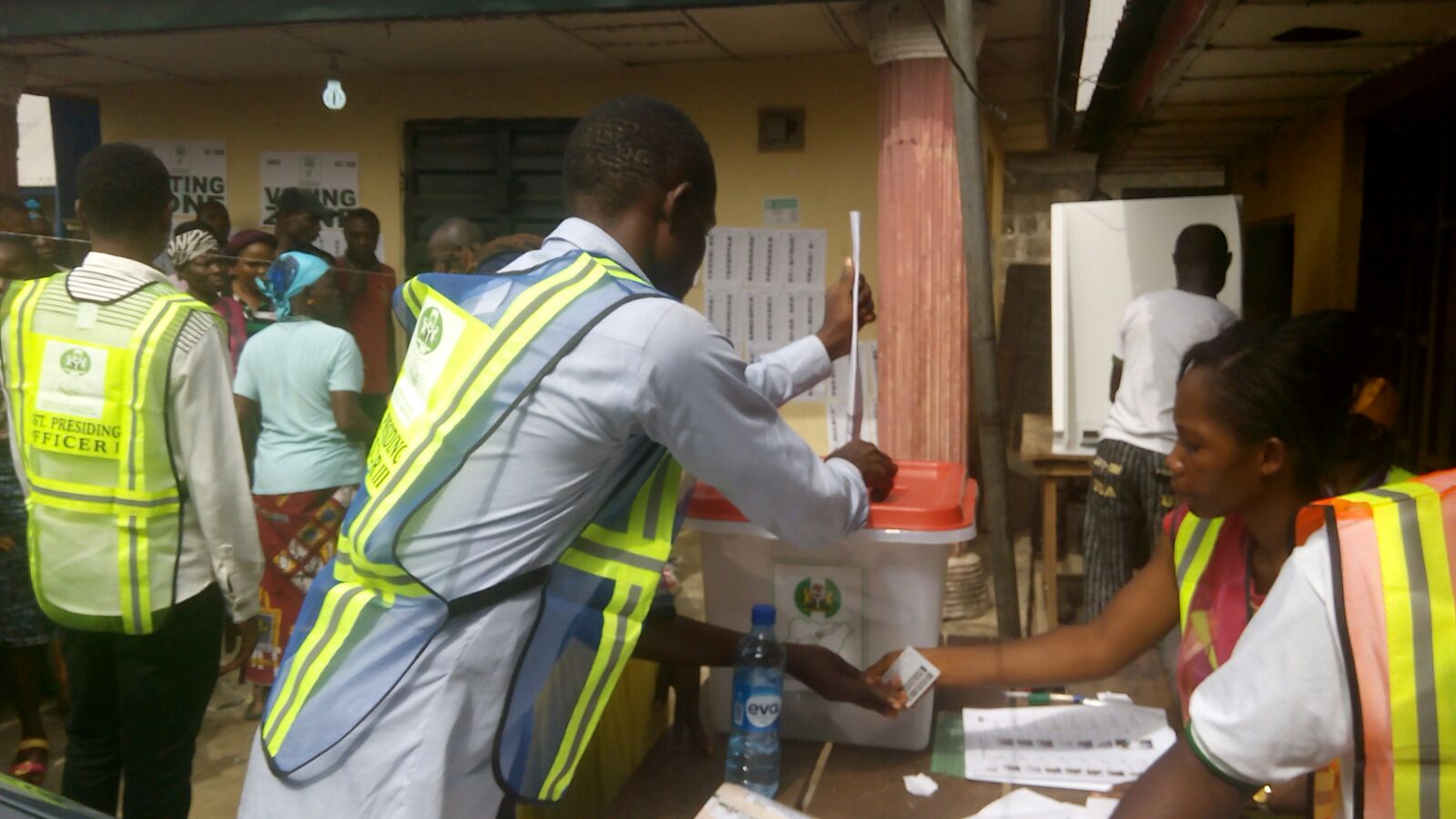BY NWACHUKWU AGWU AND CHAMBERS UMEZULIKE
At a time when many researchers lament the deterioration in the quality of democracy and accountability in Nigeria, part of the reason governance has failed is lack of committed advocates. The central question is what is advocacy and how can advocacy enhance the performance of political establishments in Nigeria?
In democracies, development agenda do not fall from heaven. They are neither dictated by any holy code nor an exclusive reserve of any politician, no matter how “powerful”. In actual fact, problems or matters bordering on governance are generated from our environment. They are uncountable ranging from: out-of-school children, rural banditry and farmer-herdsmen clashes to infrastructural deficits and rising figures of poverty. But how does a particular issue receive the attention of policymakers at the expense of others?
Just like microeconomics, every development agenda has an opportunity cost. The notion of opportunity cost plays a crucial part in attempts to ensure that scarce resources are allocated efficiently. Technically, this is the bedrock of governance – making best choices in the face of limited or scarce resources. This article is about how citizens can participate and ensure that social issues receive due attention of legislators and policymakers in the face of competing needs and declining state revenues.
Theoretically, leaders should be proactive in responding to social issues because they control or supervise government apparatuses or agencies. These agencies are, by design and mandate, created for collection of public data, or more fashionably, intelligence gathering. Collection of important public data can be achieved using a complex combination of professional approaches and techniques. For instance, in Peace and Conflict Management, a notable technique often deployed is Early Warning Systems (EWS). EWS enable experts, preferably a multi-disciplinary team, to function in proper diagnosis, detection and treatment of social conflicts. A multi-disciplinary team among many functions serves for collaboration; participation and presentation of alternative voices in searching for solutions to social problems.
Advertisement
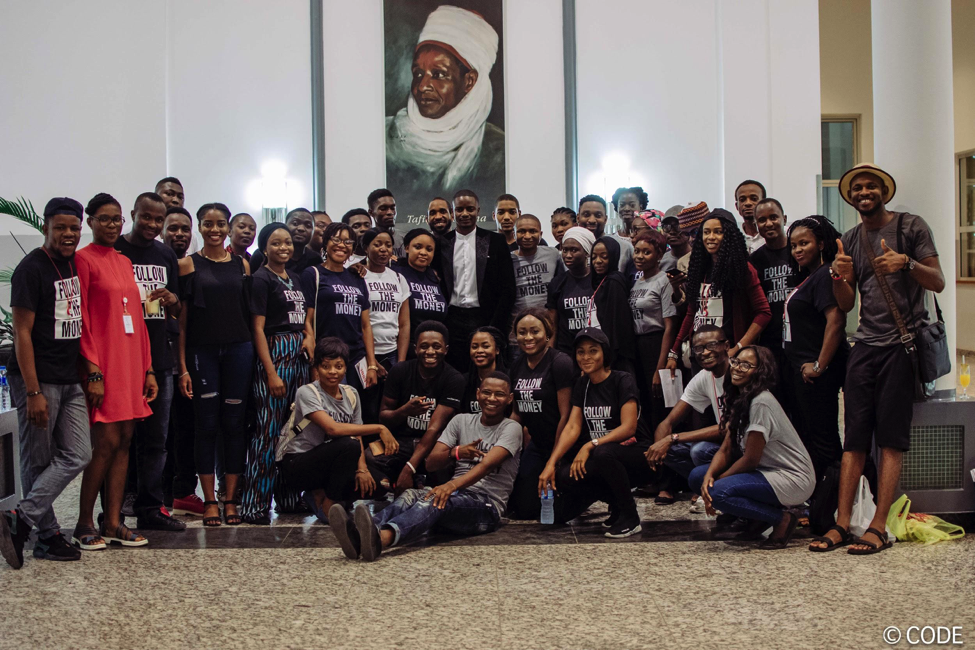
The practice of public input in policy making and legislation is sweeping across countries in the world, courtesy of Open Government revolution. Closed governments confer a degree of secrecy and dysfunctionality in the ways they organize and run institutions. Evidence suggests that, deliberately or inadvertently, closed governments accommodate unresponsiveness and inefficiency in public service. Therefore, as a measure, citizens are constantly required to agitate (raise alarm) on lapses, inadequacies or discrepancies in order to attract the attention of bureaucrats. If so, how can citizens effectively exert their voices on legislative processes; public policy and governance in general?
Citizen engagement (CE) is the bullet. It is a concept as old as humanity. Whether formally enshrined in documents such as the Magna Carta and the Code Napolean, or manifested informally at local levels, the concept of citizen engagement is thoroughly global. Kin-based societies from Nigeria (the Igbos in the Southeastern geopolitical zone); East Africa; to the Amazonian rainforest have traditionally made decisions by consensus and persuasion rather than by top-down diktat. Drawing on the World Bank and recent literatures in governance, citizen engagement is defined as the “two-way interaction between citizens and governments or the private sector that give citizens a stake in decision-making, with the objective of improving development outcomes.”
The spectrum of citizen engagement, as defined includes government sharing information with citizens, and citizens drawing on this information to take action and communicate, including providing feedback to government, both solicited and unsolicited. Key to CE is the responsiveness of government to citizen voice. While the scope of CE includes consultation, collaboration, participation and empowerment, we need a two-way interaction. CE requires transparent and effective mechanisms by governments for responding to citizen voice. The end game is to improve the accountability of governments and service providers, thus closing the feedback loop. But this is not without its complexities.
Advertisement
To begin with, is CE a science or an art? As a science, CE is designed to collaborate with government officials in solving specific problems in the society. As a science, it is logical; systematic and employs empirical techniques, both quantitative and qualitative data, if solutions/interventions must be evidence-based. Furthermore, as an art, CE depends on intuition and perception. It requires deliberate; creative and specific information generation and dissemination.
From the foregoing, out of the typologies of communication frequently encountered in the development context, the one that most emboldens CE is advocacy communication. Advocacy Communication influences change at the public or policy level and promote issues related to development practice. Specifically, it is used to raise awareness on hot development issues; use communication methods and media to influence specific audiences and support intended changes.
Now, to optimize CE, a critical mass of informed citizens must emerge who are skilled in advocacy communication. Comparatively, more than policymakers, citizens know where the problem lies in the communities because they are usually the victims of leadership failure who lack access to potable water, their children learn under unsafe situations and who lack electricity. Nevertheless, for citizens to engage meaningfully, they are expected to creatively communicate (advocacy communication) and call the attention of elected/appointed officials to issues of concern order to trigger appropriate response or intervention.
Connected Development (CODE) understands the potency and power of speaking up – drawing the attention of decision-makers to important issues of development concern and influencing solutions. CODE targets actions and messages at decision makers in support of specific legislations e.g. #AmendUBEAct – seeks to extend the right to free education from 9 years (pry 1 – JSS 3) to 12 years (Pry 1 – SSS 3). This is partly necessitated by the worrisome figures of out-of-school children and the growing poverty statistics in Nigeria. Advocacy aims at winning support from others in order to create conducive environment for implementing a development agenda. Through advocacy, CODE has amplified local problems to national levels and negotiated desirable changes in rural communities, states and entire nation.
Advertisement
To sustain democratic gains, citizens are reminded and enjoined on the potency and wonders of citizen engagement through one of the vehicles – advocacy communication. In reality, there is nothing like a neutral public policy. Every policy is designed to favour particular groups or interests. If so, against government repressiveness, citizens must unite, persevere and continue engagement. How can we abandon governance and legislative processes to politicians who only fight for elections rather than for generations? There are so many issues that currently require government attention, eg #ReformPoliceNG and #EndSARS, which are aimed at reforming a policing agency perceived to be brutish boorish and thuggish in Nigeria. Let us continue to engage officials more creatively.
This piece was written by Ani Nwachukwu Agwu and Chambers Umezulike. Ani is a rural development specialist while Chambers is development governance expert. They both live in Abuja and work with Connected Development.
Views expressed by contributors are strictly personal and not of TheCable.
Add a comment
